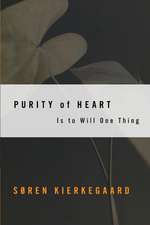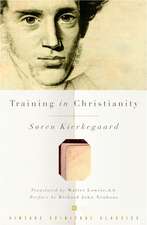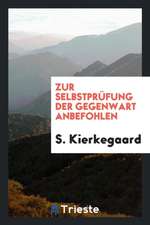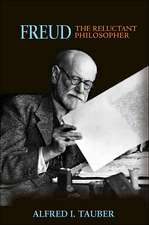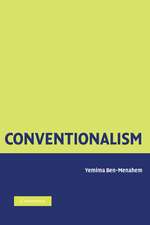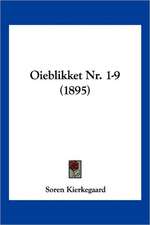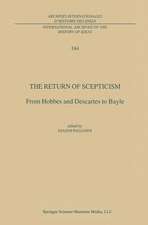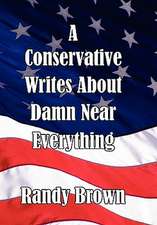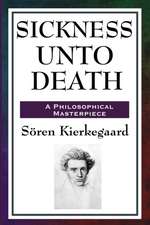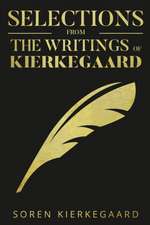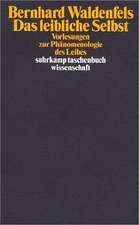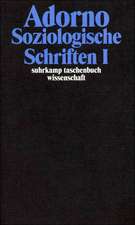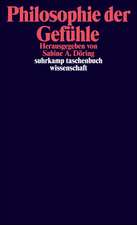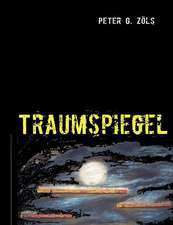Either/Or, Part I: INTERNATIONAL KIERKEGAARD COMMENTARY
Autor Soren Kierkegaard, George Howard, Shem Tov Ibn Shapruten Limba Engleză Hardback – 30 noi 1995
Preț: 366.49 lei
Puncte Express: 550
Preț estimativ în valută:
64.87€ • 75.63$ • 56.20£
64.87€ • 75.63$ • 56.20£
Carte tipărită la comandă
Livrare economică 27 februarie-13 martie
Preluare comenzi: 021 569.72.76
Specificații
ISBN-13: 9780865544703
ISBN-10: 0865544700
Pagini: 239
Dimensiuni: 162 x 236 x 22 mm
Greutate: 0.59 kg
Ediția:2
Editura: Mercer University Press
Seria INTERNATIONAL KIERKEGAARD COMMENTARY
ISBN-10: 0865544700
Pagini: 239
Dimensiuni: 162 x 236 x 22 mm
Greutate: 0.59 kg
Ediția:2
Editura: Mercer University Press
Seria INTERNATIONAL KIERKEGAARD COMMENTARY
Textul de pe ultima copertă
In Either/Or, Part One, Kierkegaard presents what he calls the aesthetic form of life. There he focuses on a large variety of the stereotypical views of women, from a sentimental and whining appraisal of her position in the world, through the view that sexual exploitation is an uncontrollable natural instinct and/or drive for which men are not morally responsible, to the view that woman is a jest, not to be taken seriously as a moral and responsible being, and then that she is just there as a sexual object or plaything to be reflectively seduced on the male's terms and for his pleasure or rejection, whatever suits him at the moment. Needless to say, this great variety of views of the "uses" of woman has provoked a large critique, and just as predictably, that critique is as varied as the intellectual tools available for the analysis of a work that is as literary as it is philosophic. The present collection of essays treats these and many other of the most important issues raised in Either/Or in fresh and perceptive ways. Even where familiar themes are argued, the authors introduce innovative interpretive models, new approaches and new materials are appealed to, or new rebuttal arguments against previously held positions are offered. Several of the articles, for instance, appropriate or criticize methods or insights derived from postmodernism and/or feminist philosophy, an approach that would have been unlikely two decades ago.

